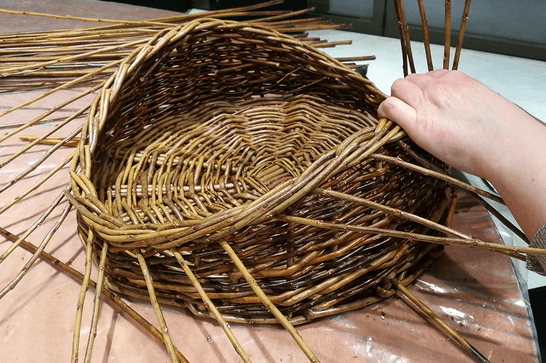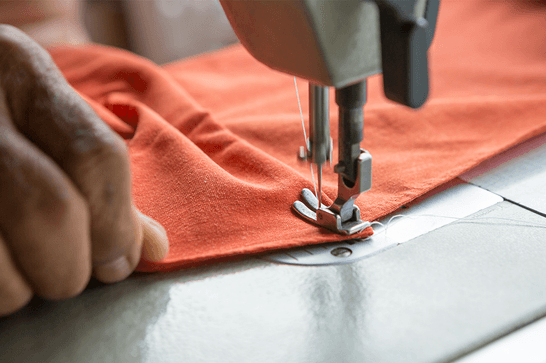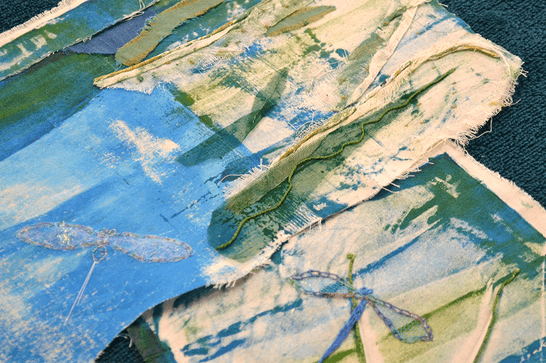
About World of Quilts: Korean Bonjagi and African Kawandi (ASC72)
Expand your knowledge, develop ideas based on quilting from other countries, and create some beautiful unique work, in this three-day course.
What will you learn on this course?
This course will not include long arms, paper piercing, buildings blocks, flying geese or log cabins; if you want to learn how to sew traditional English quilting, this is not the course for you!
This course covers Korean Bonjagi quilting and African Kawandi quilting, with supporting techniques including batik and rust dyeing. Though originating from very different cultures, both quilting techniques can be used to great affect, creating beautiful patterns and re-cycling scrap fabric.
You will learn new stiches appropriate to each style and develop ideas inspired and influenced by a variety of works. Create a main item, such as a cushion cover, sample quilt, wall hanging, book or iPad cover, rice bag etc and plenty of other exciting pieces to use in your other projects at home or on other courses.
Several dyeing and printing techniques will be taught in the first session, whilst the second session will include a brief history of the particular style of quilt. You will also plan and prepare your project, and learn the techniques involved. Your item will be completed in the third session.
Who is this course for?
This three-day course is suitable for adults aged 18+ years and is open to beginners and improvers. You do not need any previous experience of textile making as full instruction and guidance is given. Those with previous textile experience will be able to develop their skills and learn new techniques.
At the heart of MAC is a focus on accessibility and inclusion. Please contact us to discuss your specific access needs. The room is wheelchair accessible. A personal assistant or companion must book a complimentary ticket if attending to provide support.
Do you need to bring anything?
You are welcome to bring in scrap fabrics to use in your work, though we also have plenty! Traditional materials such as silk, ramie and old saris are encouraged. Please wear old clothes to work in.
Are there any additional costs?
Materials required for this course are included in the course fee, optional additional materials can be brought with you.
Who teaches this course?
Helen Lane


